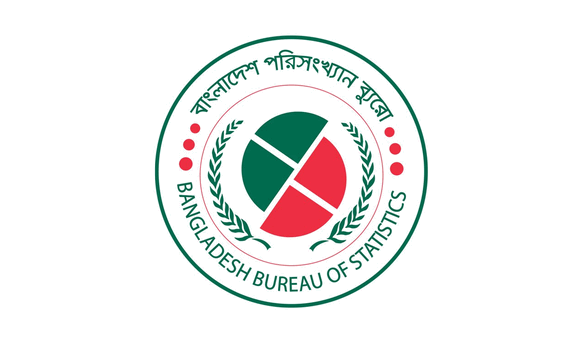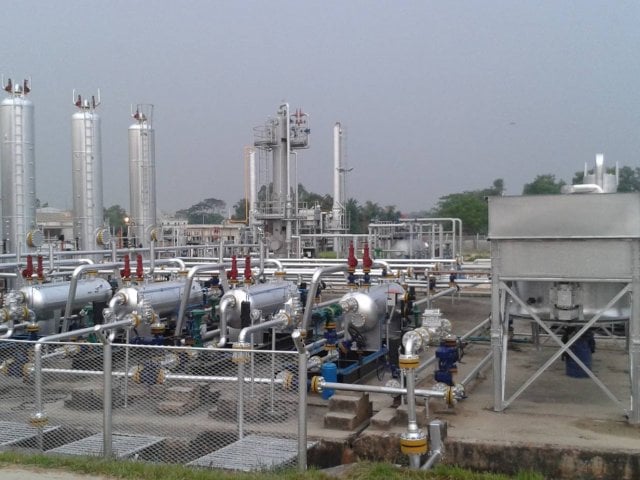
As Ramadan approaches on March 1st, the Bangladesh government is taking significant measures to control inflation and support low-income families.
The Ministries of Fisheries and Livestock, Food, and Commerce have rolled out several initiatives aimed at ensuring the availability of essential food items at affordable prices during the holy month.
Fisheries and Livestock Adviser Farida Akhtar, announced that during Ramadan, the prices for essential goods will be controlled. Dressed broiler chicken will be sold at Tk250 per kg, pasteurised milk at Tk80 per liter, eggs at Tk114 per dozen, and beef at Tk650 per kg. The government plans to distribute these items daily across the country, with a target of selling at least 60,000 eggs, 6,000 liters of milk, 2,000 kg of broiler chicken, and 2,000 to 2,500 kg of beef. These items will be sold through mobile sales in low-income areas and regions that saw significant public participation during the July Revolution.
In Dhaka, 25 locations, including the Secretariat, Khammarbari (Farmgate), Mirpur, and Azimpur Maternity Home, will offer these products. Local farmers will also be involved in the initiative, with affordable egg sales continuing through 377 points across 364 sub-districts in 61 districts, which began on November 1, 2024.
Meanwhile, Food Adviser Ali Imam Majumdar highlighted the government’s Food Friendly Program, which will distribute 300,000 tons of rice to 50 lakh families, with each receiving 30 kg of rice at Tk15 per kg in March and April. Additionally, one crore families will receive 10 kg of rice for free during Eid. The distribution of food items during Ramadan will be closely monitored by District Commissioners (DCs).
To further support food security, the government plans to distribute approximately 7 lakh tons of food items, along with 1 lakh tons of rice via the Trading Corporation of Bangladesh (TCB) through Open Market Sale (OMS).
In response to rising inflation, the Ministry of Commerce has taken measures to stabilise prices in Dhaka’s markets. Three special monitoring teams will oversee market conditions daily during Ramadan, in addition to the regular teams. The National Consumer Rights Protection Directorate will also increase its monitoring efforts.
Despite inflation dropping slightly to 9.94% in January from 10.89% in December, food prices remain high, especially with food inflation reaching 14.10% in 2024, the highest in 16 years. The government remains confident that these measures will alleviate some of the financial pressure faced by citizens, particularly during the upcoming Ramadan period.
This comprehensive effort reflects the government’s commitment to easing the burden on citizens as it continues to tackle inflation in the wake of a challenging economic year.








